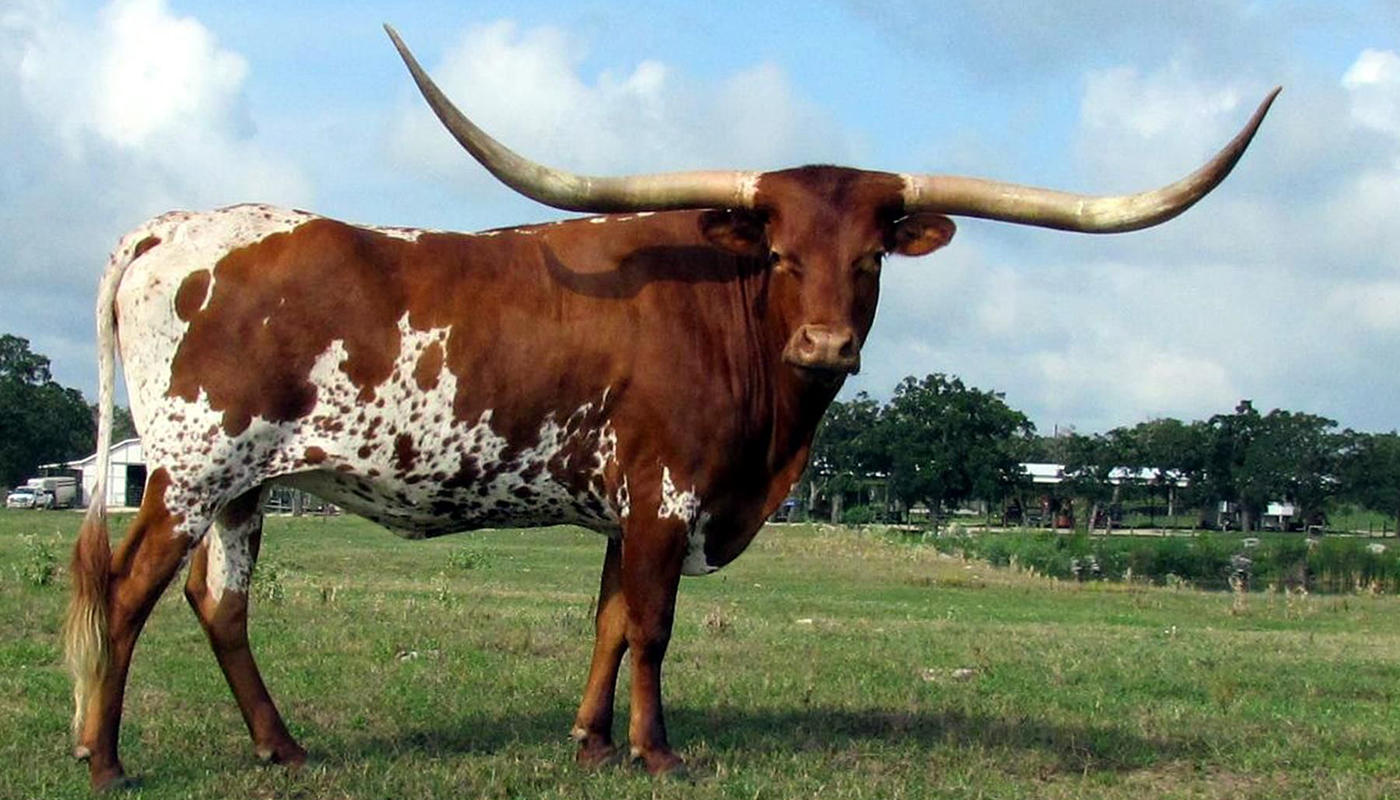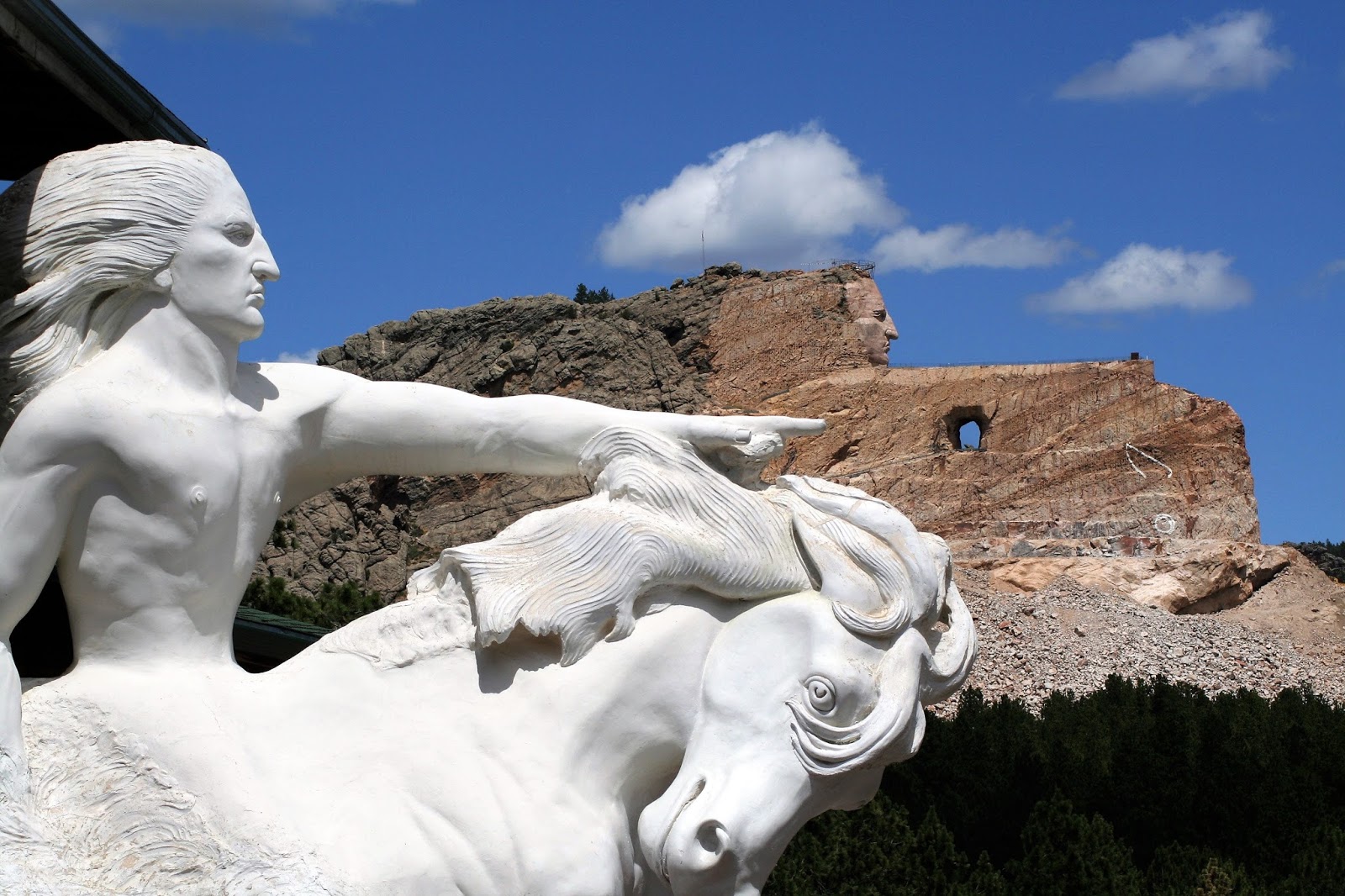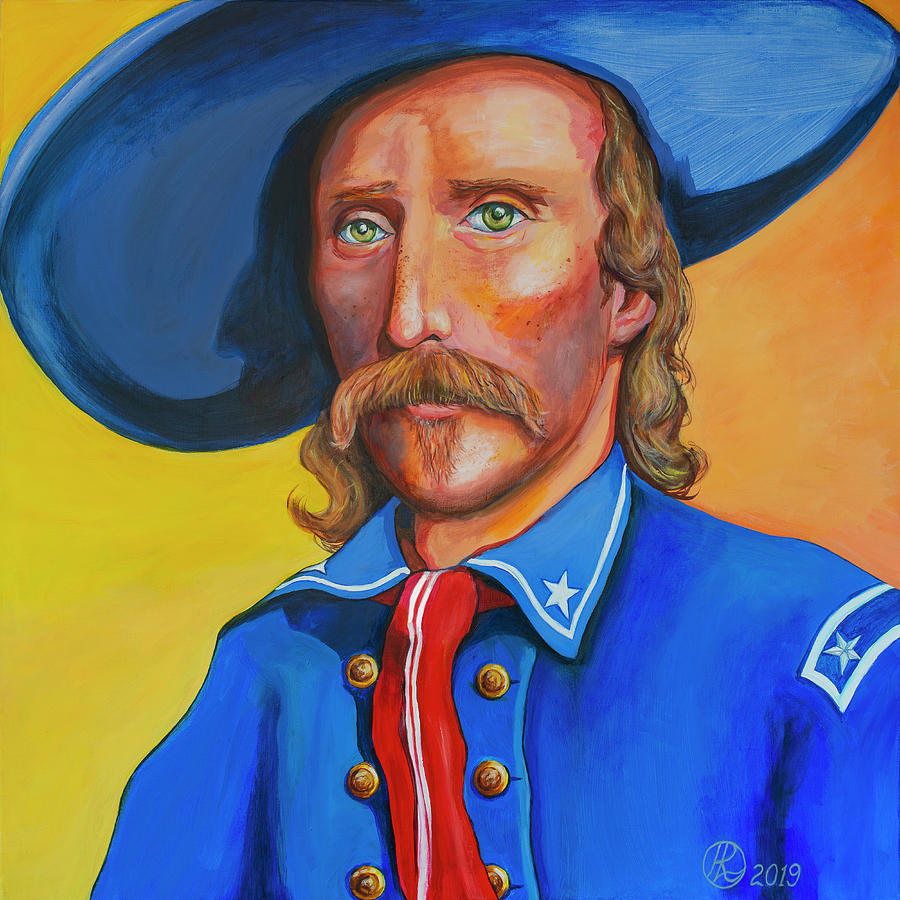Settlers moved to this grassland region of the United States.

Great Plains
The Native American relied heavily on this animal to support their way of life.
Buffalo
This wire invention ended the open-range.

Barbed Wire
The prospect of striking it rich attracted many Americans to the _____.
A. Great Plains
B. West
West
This was the leader of the Hunkpapa Sioux tribe. He was eventually killed after the Ghost Dance.

Sitting Bull
Name two hardships the frontier farmer faced.
bad weather, raids by outlaws and Native American, isolation, debt,
This dance offered the Sioux and other tribes hope for the future and a return to their way of life.
Ghost Dance
This breed of cattle was first brought to America by the Spanish.

Longhorn
This was the simplest form of mining.

panning
Sitting Bull and this Lakota war leader made a surprise attack on the 7th Calvary at the Little Bighorn River.

Crazy Horse
This organization fought for farmers' rights.
A. Farmers' Alliance
B. Grange
B. Grange
The plan to make Native Americans part of white culture was called this.
Assimilation
List one factor that helped the cattle business grow.
Buffalo disappeared, Native American forced onto reservations, fast-growing cities in the East
Describe how some small mining camps grew into towns.
Women and children came and set up schools, churches, businesses were built.
This General was killed by Native Americans at the Little Bighorn River.

General George Custer
As the buffalo decreased, these two animals began to dominate the Great Plains.
Horse and cattle
Corpses of Sioux were left to freeze after this massacre at Wounded Knee Creek, South Dakota
Battle of Wounded Knee
After this war there was a huge demand for beef fueled by rapidly growing cities.

Civil War
In the Carson River Valley of what is now Nevada, miners found this and eventually took about $500 million for it over a 20 year period.
Silver
The Republican "gold bugs" nominated this man for President, winning in 1896.
A. William McKinley
B. William Jennings Bryan
:max_bytes(150000):strip_icc()/25_w_mckinley-569ff8743df78cafda9f57e2.jpg)
William McKinley
This act made land available to settlers at a very low cost. (Hint: Mr. Perkins lived very close to the national park named after this in Nebraska.)
This act broke up reservations and gave some of the land to each Native American family for farming.
A. Morrill Land Grant Act
B. Dawes Act
B. Dawes Act
Cattle ranchers drove their cattle over this trail from San Antonio, Texas to Kansas.

Chisholm Trail
Death
This Lakota chief was an important figure in the 19th-century land battle between Native Americans and the U.S. government. (Hint: Mr. Perkins hometown is named after him.)

Red Cloud